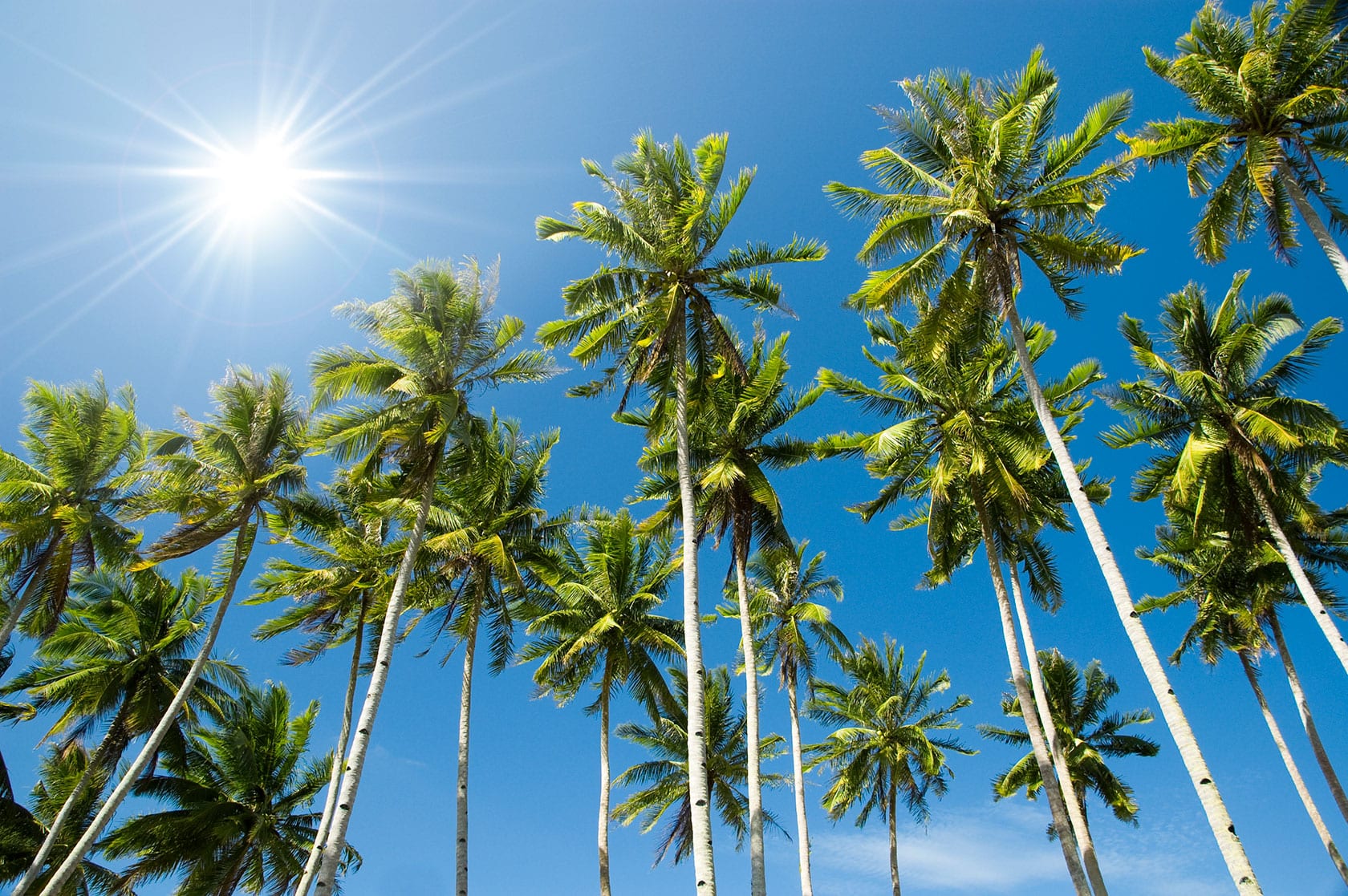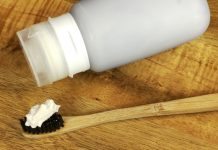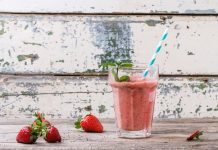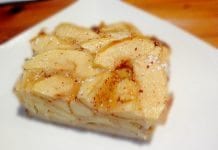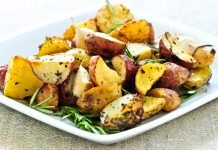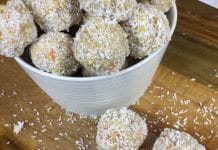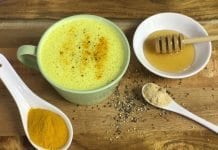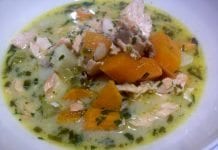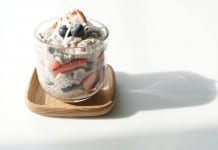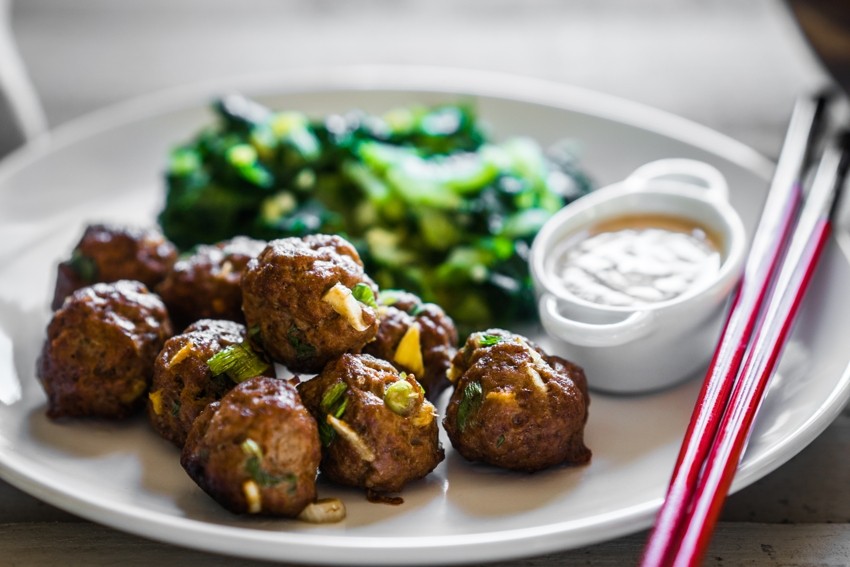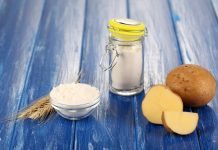Low carb High fat, Paleo, Ketogenic, Low carb High protein, Atkins diet. There’s a plethora of diet info out there on all of them. If you are a keen investigator of health and diets, then no doubt you’ve come across a Low Carb High Fat Diet (LCHF). I have been following (a little loosely) this style of eating for about 8 months now and have found that it’s helped my gut issues (IBS d/c, leaky gut) tremendously. If you are not familiar with the diet here’s a quick overview:
What is a LCHF diet:
A low carb high fat diet is basically where you reduce your carb intake to as low as 5 grams per day and increase your fat consumption. The basic premise is that by reducing your carbs will lower your blood sugar levels and help them stabilise. When blood sugar levels are low the body produces less insulin and consequently burns more fat stored for fuel.
The LCHF diet or lifestyle has been touted for success for many conditions including obesity and weight loss in general, gut & digestive disorders. (IBS, Leaky Gut), and conditions such as Alzheimer’s, Diabetes 1 & 2, Autism, anxiety and depression.
What can you eat on a LCHF diet:
Meats: All meat including Chicken, Fish, Pork, Beef, Game and Seafood.
Eggs: In any form (preferably free range or organic) – scrambled, fried, poached, omelette.
Saturated Fats: Coconut oil, Butter, Cream, Olive Oil, Avocado, Coconut milk or cream.
Above the Ground Vegetables: Cabbages, Cauliflower, Celery, Broccoli, Brussel Sprouts, Beans, Kale, Asparagus, Capsicum, Cucumber, Zucchini, Eggplant, Spinach, Mushrooms, Lettuce, Tomatoes, Onions **, Garlic ** Herbs, Shallots, Chives, Squash.
Dairy Products: Cheese, Cream, Butter, Full Fat Greek Yogurt (no flavours or additives), Watch out for milk as it contains a lot of milk sugar.
Nuts: Small handfuls of any nuts. Careful with peanuts as they are a legume not a nut and are high in carbs. Nut butters are okay in small amounts as long as they have no added sugar or additives.
Fruit: Lemon, Strawberries, Blueberries, Raspberries in small quantities. (Depending on your condition/weight – berries should be seen as a treat initially.
Drinks: Coffee, Tea, Water – drink lots of water! (Drink your coffee with cream or coconut cream or the bullet proof method of combining grassfed butter and coconut oil together). This will give you the biggest energy rush ever!
What you need to avoid on a LCHF diet:
Sugar and processed foods: In any form. Refined sugar, coconut sugar, honey, maple syrup, rice syrup, lollies, milk chocolate, sodas, soft drinks, juice, sports drinks, potato chips, breakfast cereals, pastries, cake, muesli bars, ice cream, flavourings, packaged foods, bought sauces, marinades, mayonnaise, dressings.
Starches: Under the ground vegetables such as potatoes, sweet potatoes, beetroot, carrots, turnips, parsnips, (small quantities of root vegetables could be eaten depending on your condition/weight). Pasta, Bread, All Grains (oats, wheat, spelt, rye, rice, barley, millet, sorghum, quinoa, corn).
Legumes: All beans and lentils are fairly high in carbs.
Margarines and seed oils: Any processed spread in a tub. All seed or vegetable oils -grapeseed, cottonseed, flaxseed, rapeseed, rice bran, soybean, corn, vegetable, safflower, sunflower, canola, peanut.
Fruits: All fruit, except berries, are very high in sugar. Depending on your condition/weight – you could occasionally have small amounts of fruit but it will make your progress slower.
Low Fat Foods: Avoid any foods that state they are low fat. The lower the fat content, generally the higher the sugar content to provide flavour.
Artificial Sweeteners: See this link for a complete list of artificial sweeteners.
What you can have occasionally on an LCHF diet:
Alcohol: Whisky, Vodka, Brandy with ice or water (no soda mixes), Dry white wine.
Dark Chocolate: 70% and above in small amounts.

Transition and side effects of going Low Carb High Fat:
Like with any change in diet there are always going to be stages of your body adjusting and consequently some side effects for a period of time at the beginning of the changeover. Here’s a brief list of what to look out for:
- Headaches (sometimes for days)
- Body aches and pains
- Fatigue
- Mood swings
- Dizziness
- Irritability
- Flu like symptoms
Different people experience different things and for different amounts of time. Make sure you drink plenty of water.
So there you have it. A final note about coconut oil and burning fat. To help your body begin to burn fats faster and produce a ketogenic state (burning fat for fuel instead of glucose), the MCFAs in coconut oil will get you there faster. Because MCFAs are converted by the liver and bypass the gut, coconut oil will boost your metabolism and help your body adjust at a quicker rate.
How about you? Have you tried the Low Carb High Fat diet?
